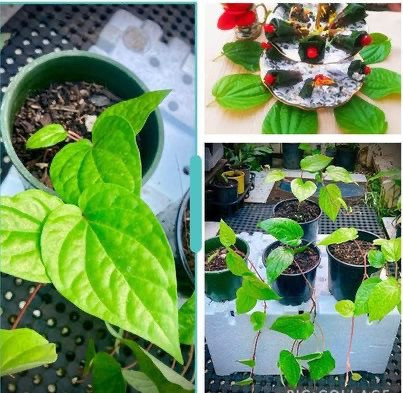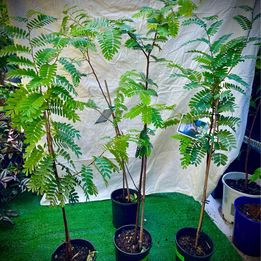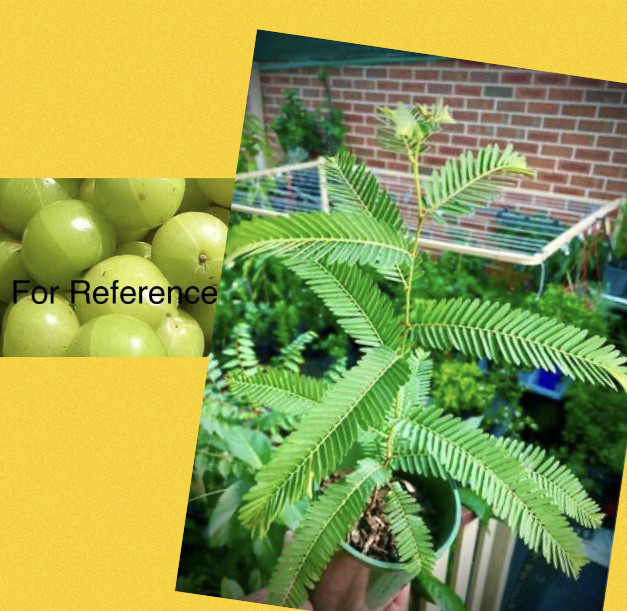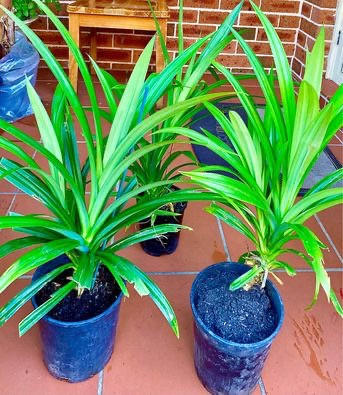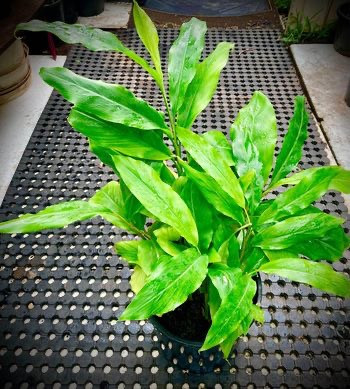
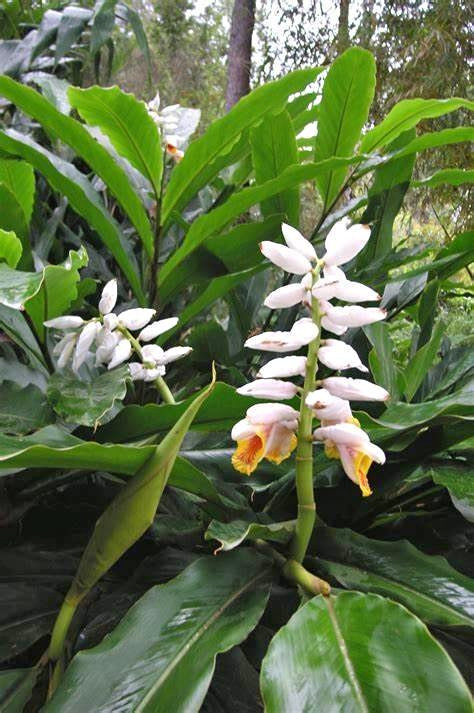
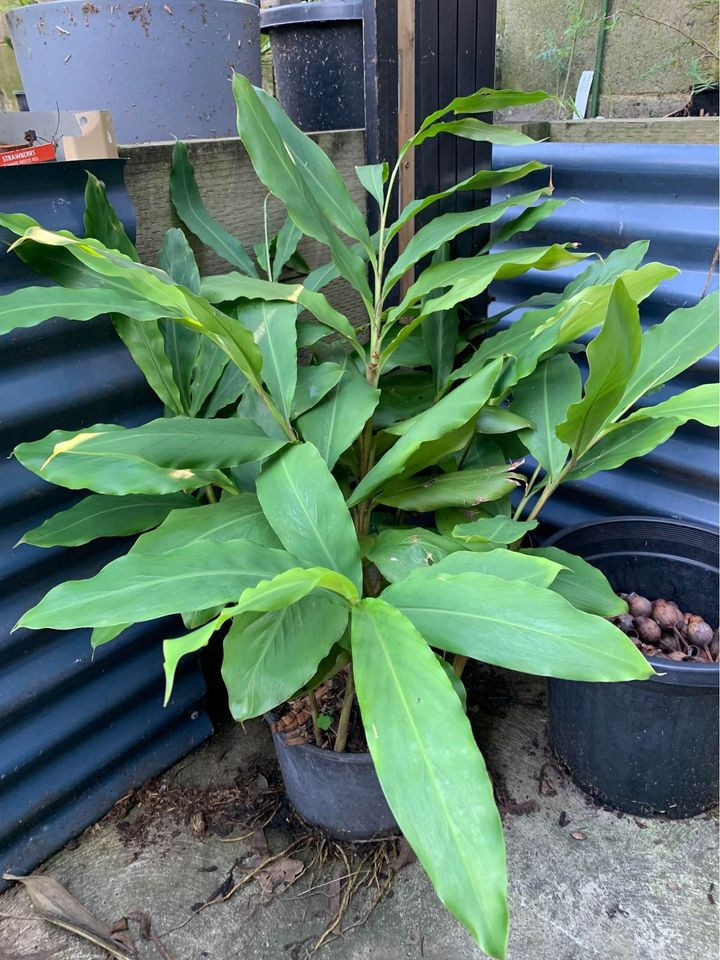
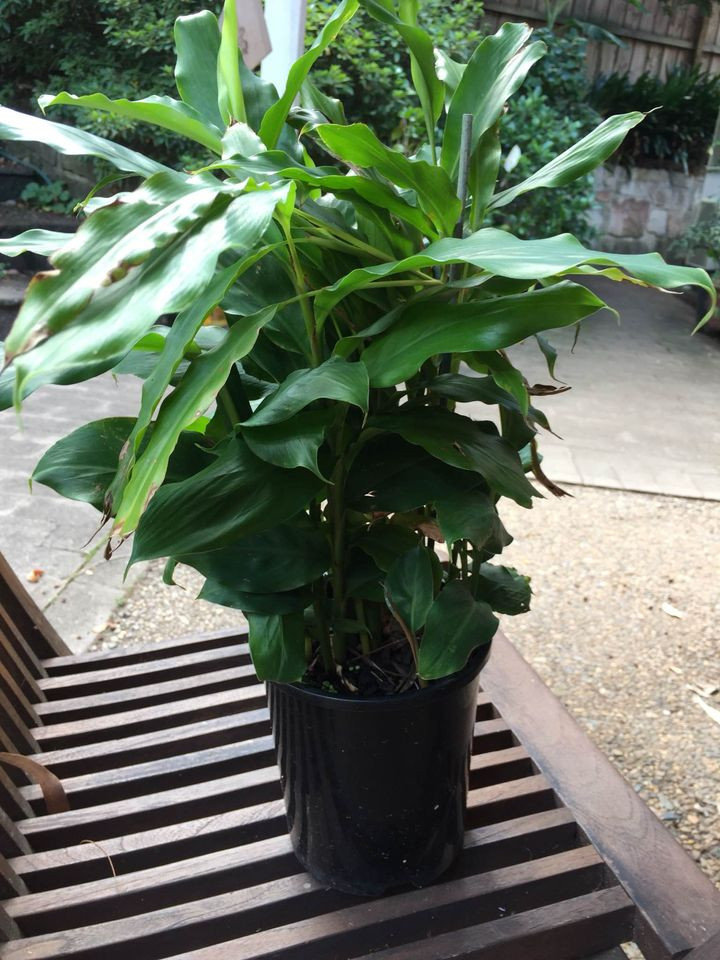
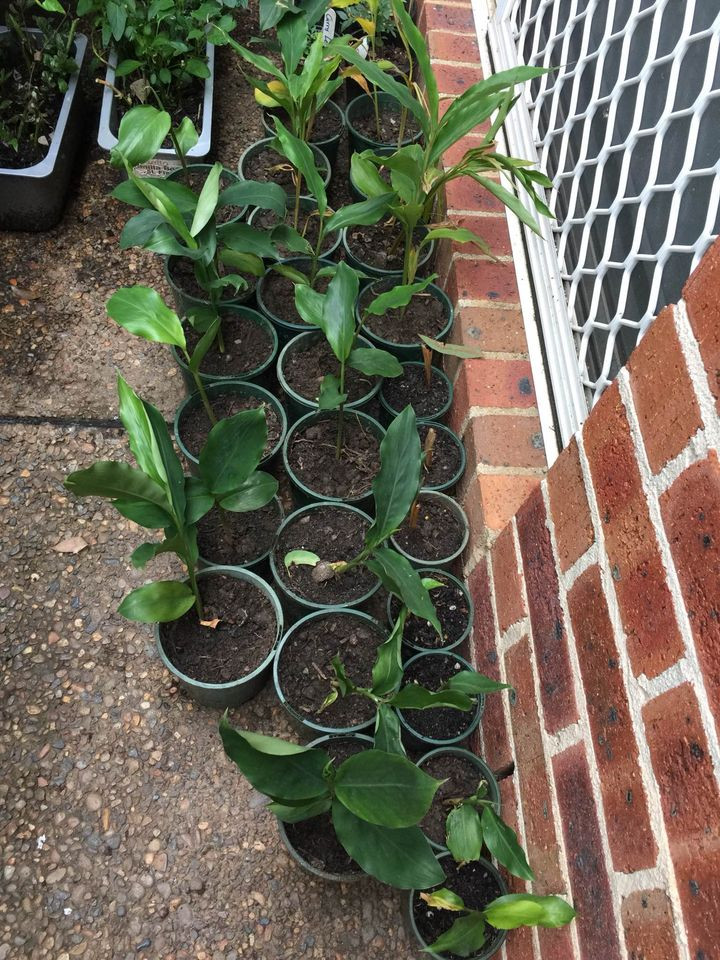
Cardamom
Category : Ayurvedic / Medicinal Plants
Description
Cardamom, known as the "Queen of Spices," is a highly valued spice native to the Indian subcontinent. It is derived from the seeds of the Elettaria cardamomum plant, which belongs to the Zingiberaceae (ginger) family. Cardamom is used extensively in cooking, traditional medicine, and perfumery.
Appearance
- Plant: Cardamom is a perennial herbaceous plant that grows up to 2-4 meters in height. It has large, lance-shaped leaves and produces small, white or pale green flowers.
- Pods: The cardamom fruit is a small, green pod that contains several black seeds. The pods are harvested before they ripen to maintain their flavor.
Habitat
Cardamom thrives in tropical and subtropical climates. It is predominantly grown in regions with well-drained, loamy soil and ample rainfall. Major producers include India, Guatemala, Sri Lanka, and Tanzania.
Uses
Culinary Uses: Cardamom is a versatile spice used in both sweet and savory dishes:
- Flavoring: It is used to flavor curries, rice dishes, desserts, and beverages such as chai tea and coffee.
- Baking: Cardamom is a common ingredient in baking, used in cookies, cakes, and bread.
- Preserves and Pickles: It is used in various preserves, pickles, and spice blends.
Medicinal Uses: Cardamom has a long history of use in traditional medicine:
- Digestive Aid: It helps alleviate indigestion, bloating, and gas.
- Respiratory Health: Cardamom is used to treat coughs, colds, and respiratory infections.
- Anti-inflammatory: It has anti-inflammatory properties that can help reduce inflammation and pain.
- Antioxidant: The spice is rich in antioxidants, which help combat free radicals and oxidative stress.
- Detoxification: Cardamom is believed to aid in detoxifying the body and promoting overall health.
Other Uses:
- Aromatherapy: Cardamom essential oil is used in aromatherapy for its calming and invigorating effects.
- Perfumery: The spice's pleasant aroma makes it a popular ingredient in perfumes and cosmetics.
Active Compounds
Cardamom contains several bioactive compounds that contribute to its health benefits:
- Cineole: A compound with antimicrobial and anti-inflammatory properties.
- Terpinene: An antioxidant that helps protect cells from damage.
- Limonene: Known for its digestive benefits and ability to relieve heartburn.
- Flavonoids: Including quercetin, which has anti-inflammatory and antioxidant effects.
Safety and Precautions
Cardamom is generally safe for most people when used in culinary amounts. However, excessive consumption may cause gastrointestinal issues in some individuals. Pregnant and breastfeeding women should use cardamom in moderation and consult a healthcare provider if considering higher doses for medicinal purposes.
Cultural Significance
Cardamom holds significant cultural importance in many parts of the world. It is used in various traditional dishes, ceremonies, and rituals. In India, cardamom is often used in religious offerings and festive foods.
Conclusion
Cardamom (Elettaria cardamomum) is a highly valued spice with a rich history in culinary, medicinal, and cultural contexts. Its distinctive flavor and numerous health benefits make it an essential ingredient in many traditional and modern recipes. Whether used to enhance the taste of food or to promote health and well-being, cardamom remains a treasured spice in kitchens and medicine cabinets around the world.
Price : $45
$35
Out of Stock







